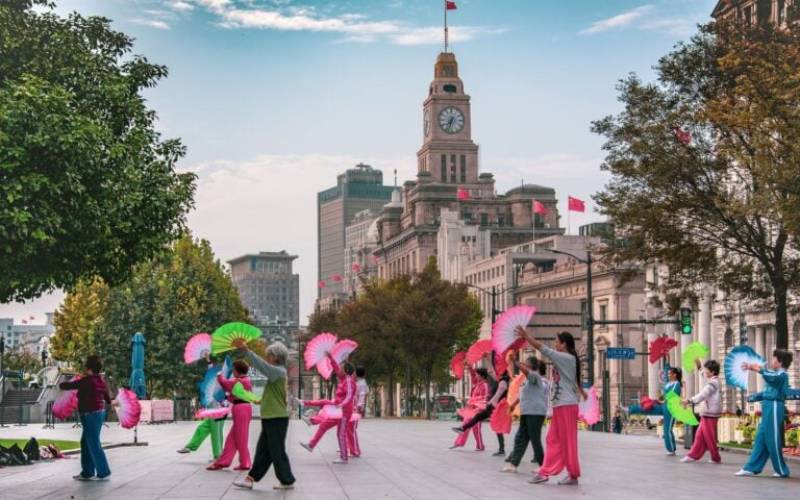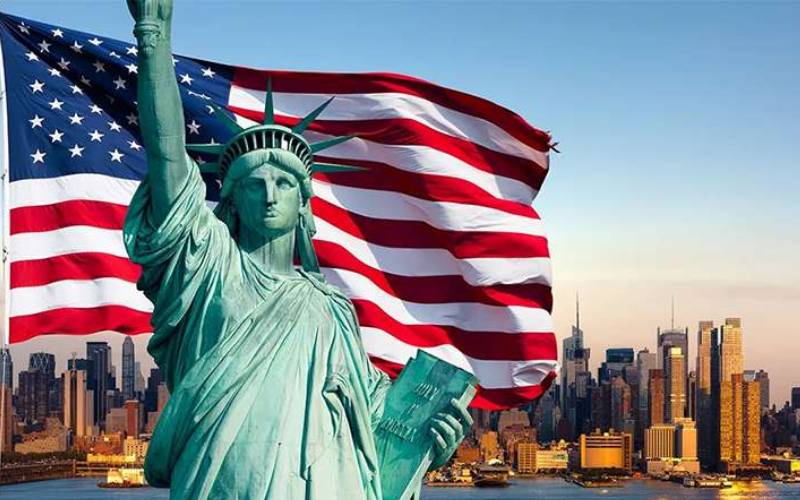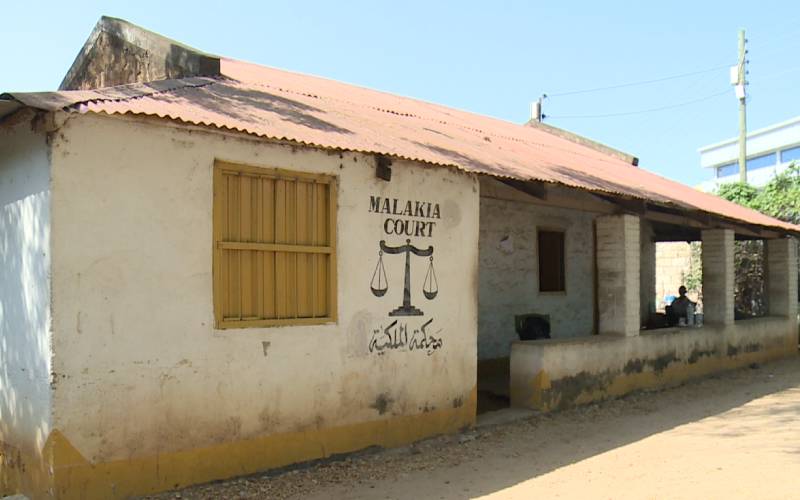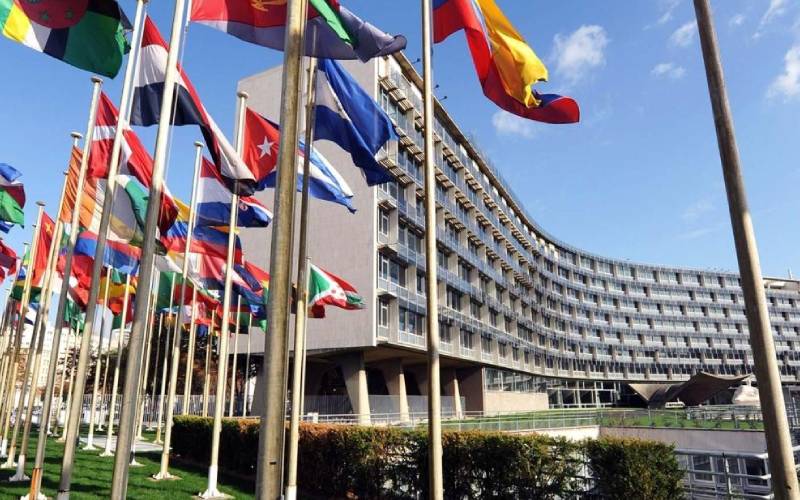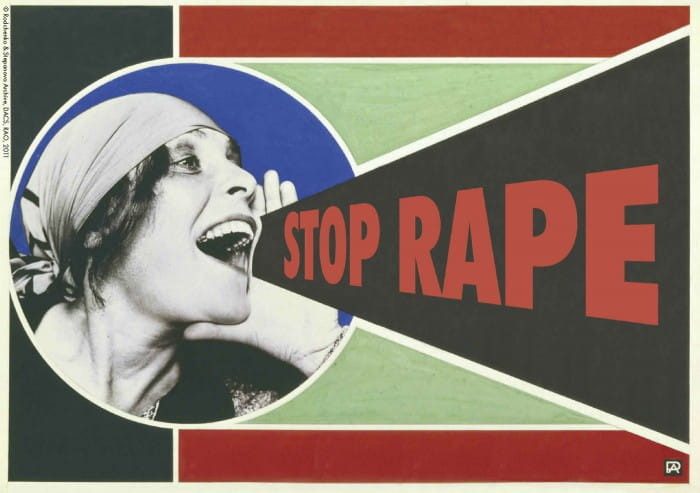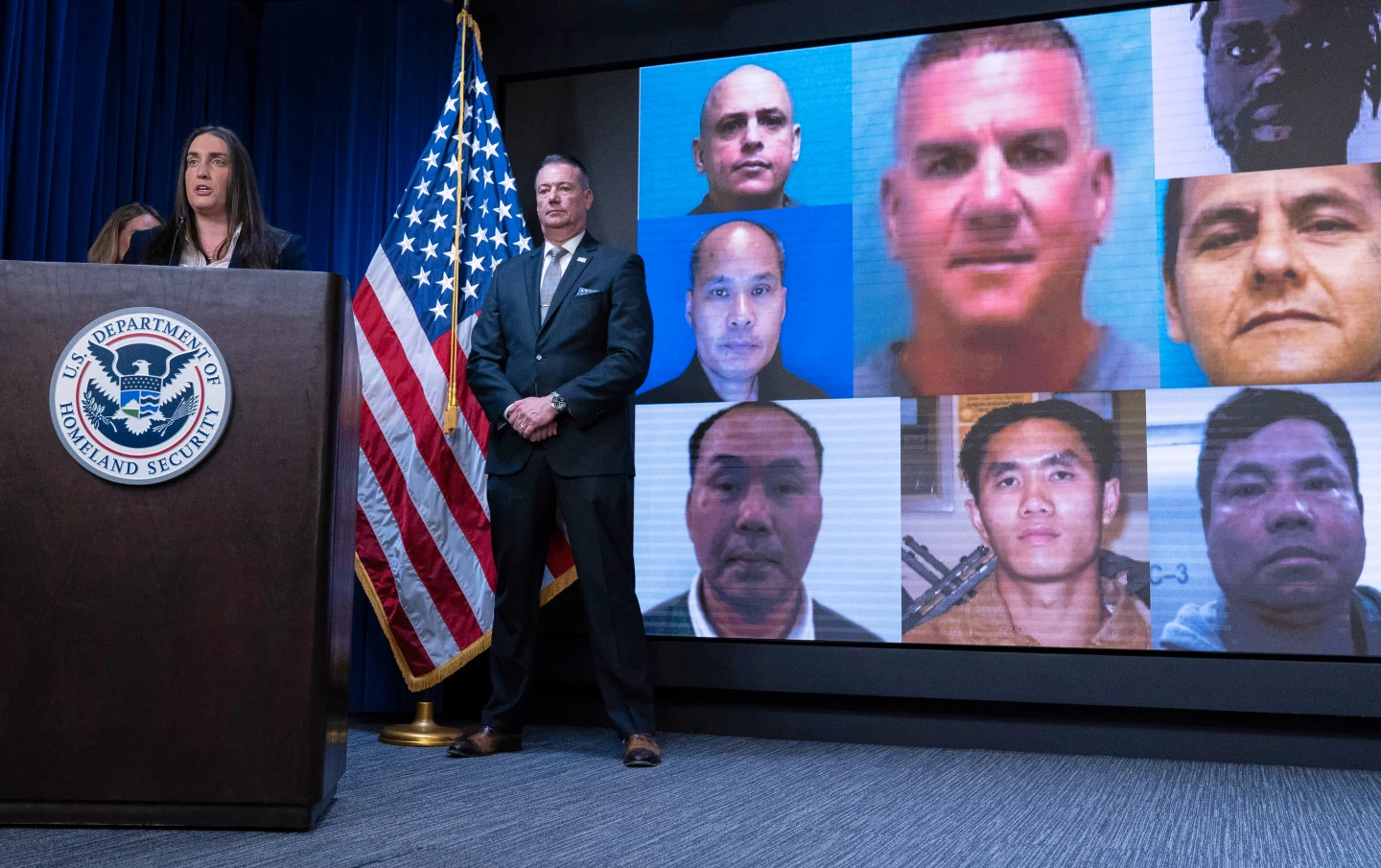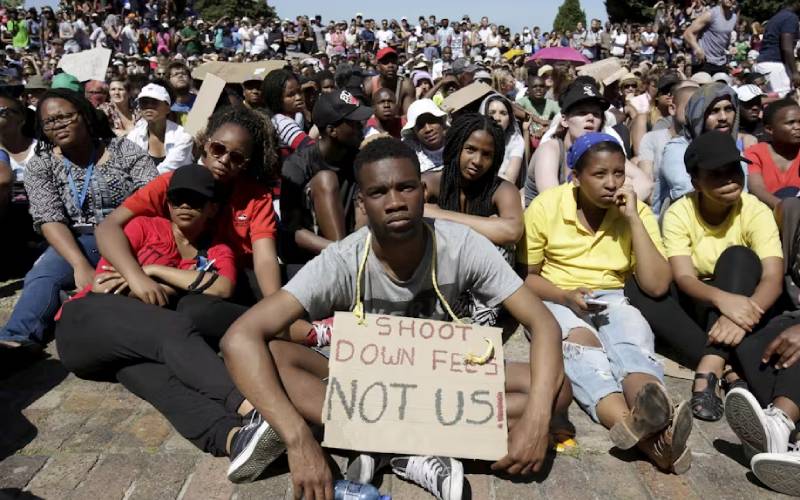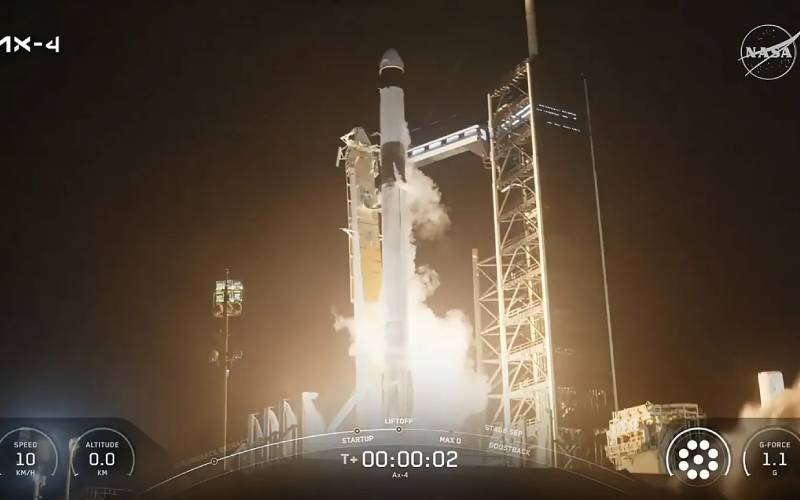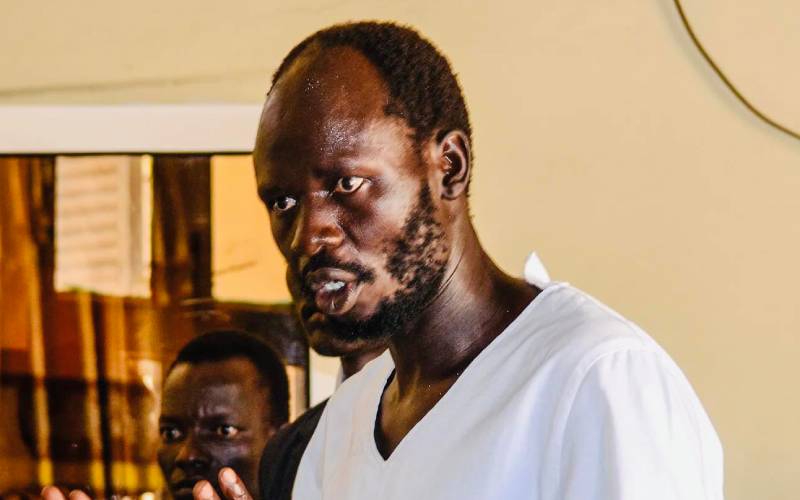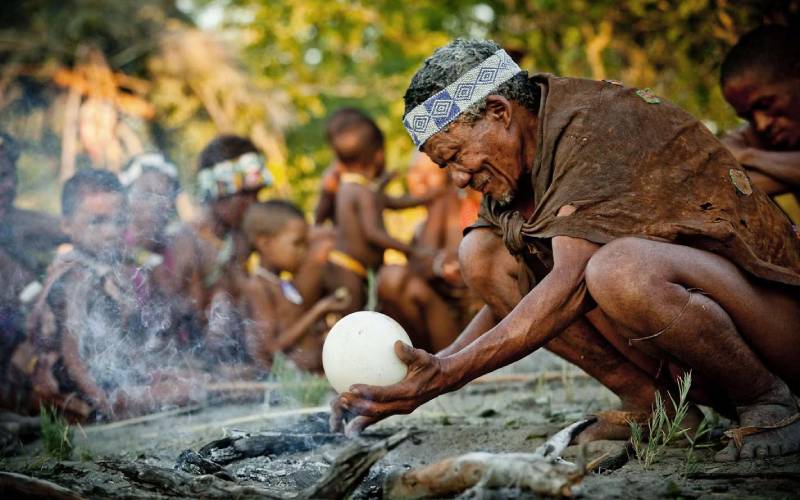By Santino Riak Maker
On June 4, 2025, I boarded a flight from Juba to Beijing with a layover in Addis Ababa, my mind filled with questions and assumptions shaped largely by the prevailing international narrative about China. The experiences that unfolded over the next two weeks would challenge those perceptions and trigger a deeper reflection on what Africa, and South Sudan in particular, can learn from a country that is often misunderstood.
I arrived in Beijing on June 5, 2025, along with journalists from around the world, Europe, Asia, Africa, and Palestine to participate in a high-level seminar titled “Full-Media Communication for Belt and Road Countries.” This event was organised by the Research and Training Institute of the National Radio and Television Administration of the People’s Republic of China.
The program officially commenced on June 6 in Beijing, immersing us in in-depth discussions about China’s approach to media, communication, and development. Rather than being confined to lecture halls, we were taken on a journey through China’s rich story, from ancient landmarks like the Great Wall to the vibrant pulse of its modern cities.
On Tuesday, June 10, we flew from Beijing to Kunming City in Yunnan Province, a 3-hour and 45-minute journey into a region rich in natural beauty and cultural significance. Upon arrival, Kunming greeted us with fresh mountain air and warm smiles. The locals were friendly, proud of their heritage, and deeply respectful.
Our itinerary in Kunming was extensive and engaging. We visited the Minority Ethnic Village, a cultural centre that showcases the harmonious coexistence of China’s diverse ethnic groups. We also toured the Yunnan Radio and Television Monitoring and Supervision Centre, which exemplifies media discipline and technological progress. Additionally, we trekked through the awe-inspiring Stone Forest, a geological marvel that seemed to whisper stories carved in silence and stone.
We returned to Beijing on June 14. A few days later, on June 18, we visited the Communist Party of China Museum, an institution that reveals the historical and ideological journey of modern China. The museum didn't feel like a shrine to authority, but rather like a mirror reflecting the country's soul and its sacrifices. The seminar officially concluded on June 19.
The China we observed differed significantly from the portrayal often presented in foreign media headlines. It was not a singular entity defined by censorship or control; rather, it resembled a montage characterised by discipline, tradition, and a collective vision. The Chinese people are profoundly connected to their culture. Their sense of identity is not something they merely rehearse; it is something they genuinely live. Their media is not arbitrary; it is purposefully strategic. Their development is not haphazard; it follows a methodical approach.
For South Sudan and the broader African continent, this experience provides more than just admiration; it offers valuable lessons. Although our contexts may differ, certain principles transcend borders: national cohesion, cultural pride, disciplined communication, and the commitment to prioritise the collective good over short-term gains.
The Chinese do not merely construct roads and skyscrapers; they create a narrative around them, one that conveys themes of progress, unity, and confidence. They do not seek validation from the West to affirm their growth. Instead, they define success according to their standards.
This is not intended to romanticise China or overlook its shortcomings. No society is without flaws. However, Africa must stop viewing China through borrowed perspectives. We need to explore its streets, pose our questions, and draw our conclusions.
The seminar not only provided us with skills in full-media communication, but it also broadened our understanding of a distinct reality. It revealed a country that doesn’t shout for attention but stands resolute in its identity. This is a country that has lifted hundreds of millions out of poverty while preserving its traditions. The people believe in themselves, and they demonstrate this belief not through slogans, but through their actions.
As I return to South Sudan, I carry not only memories of the Great Wall and the Stone Forest but also a challenge for our media, institutions, and leadership. Can we create a compelling national narrative? Can we appreciate the importance of order while embracing openness? Can we communicate not just to inform, but to promote unity?
The China we observed is a partner deserving of deeper understanding, not merely for its offerings, but for what it represents. Often, gaining clarity requires firsthand experience.
